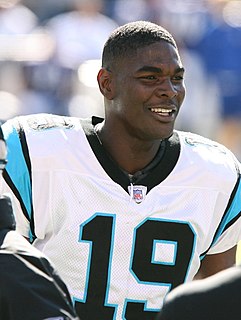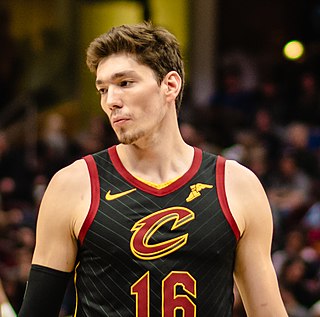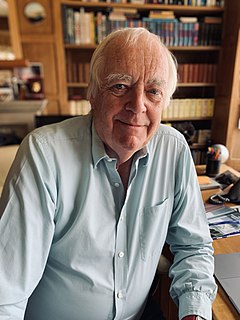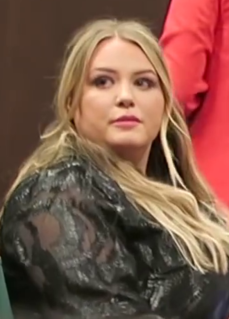A Quote by Irvine Welsh
I tried to write 'Trainspotting' in standard English, but people weren't talking like that.
Quote Topics
Related Quotes
We have to decide whether our fear is going to get the better of us. Once upon a time we had a standard in our country that was 'innocent until proven guilty.' We've given up on so much. Now, people are talking about a standard that is 'if you have nothing to hide, you have nothing to fear.' Think about it. Is that the standard we're willing to live under?





































